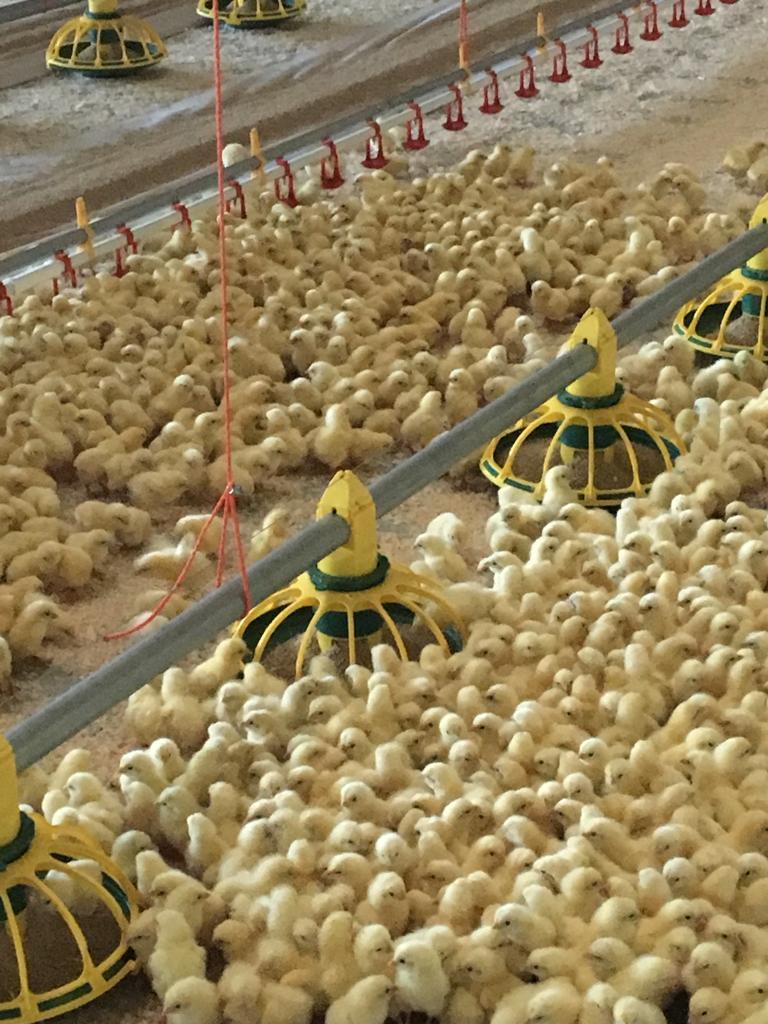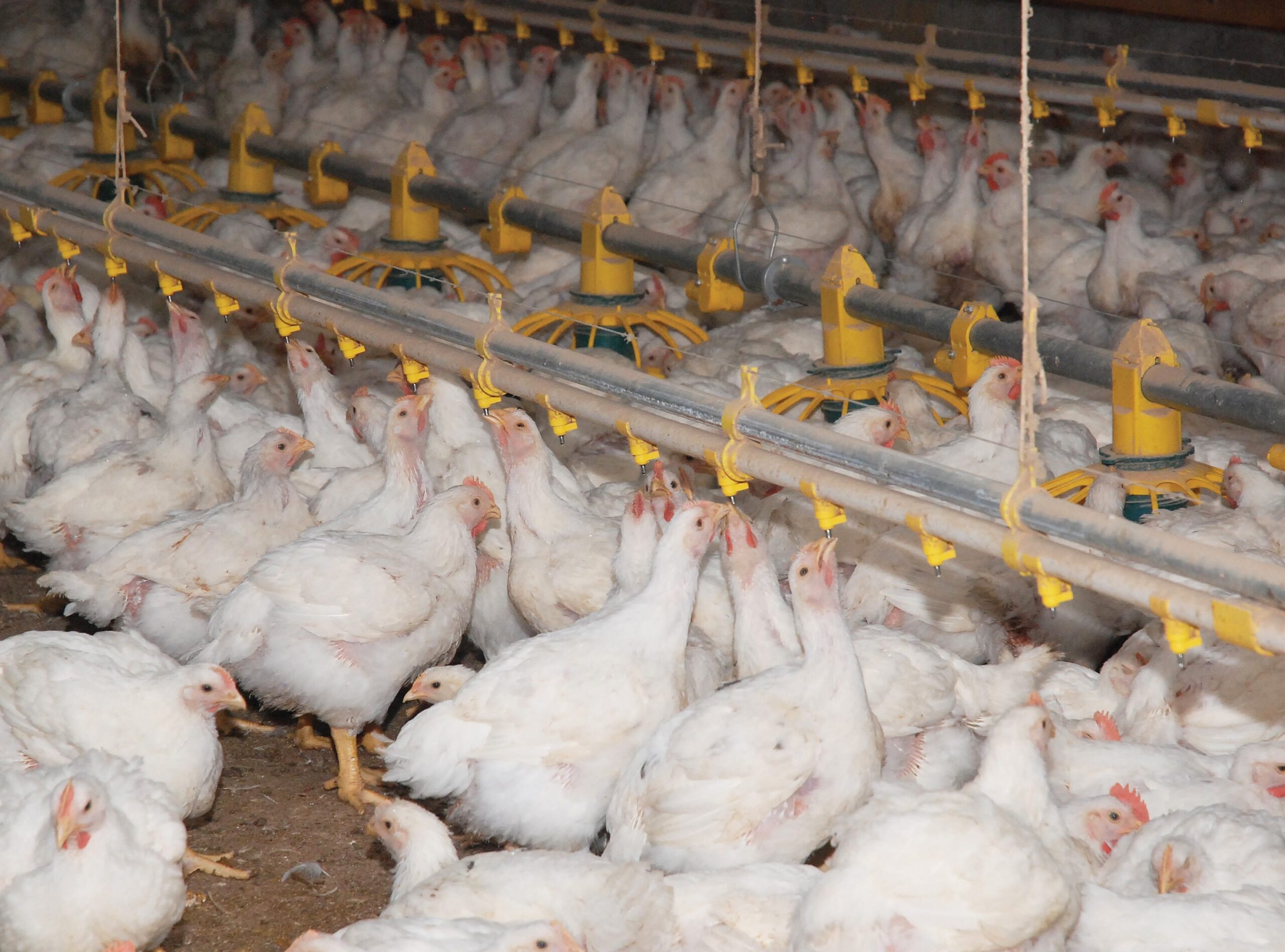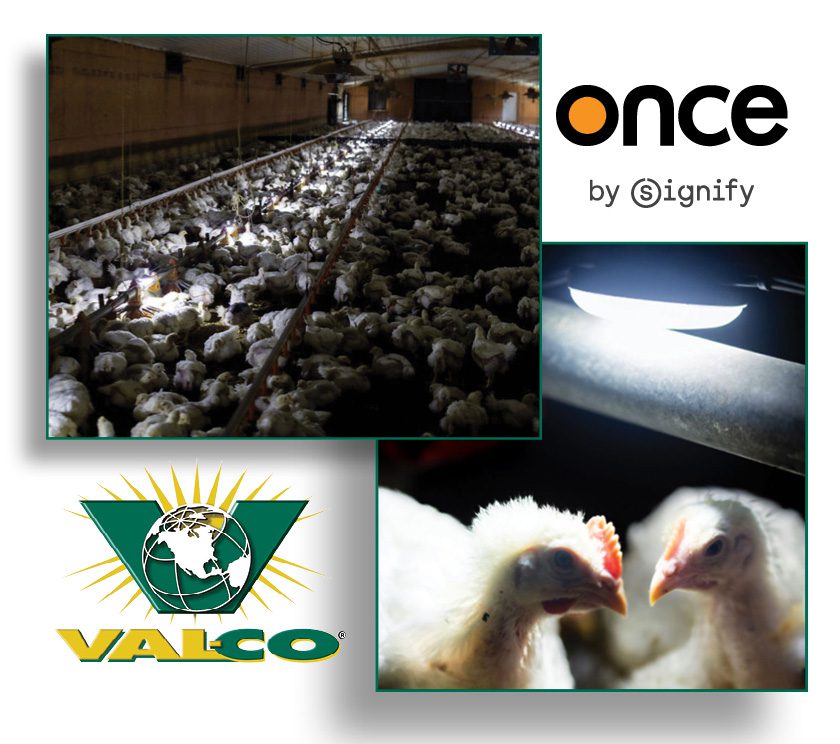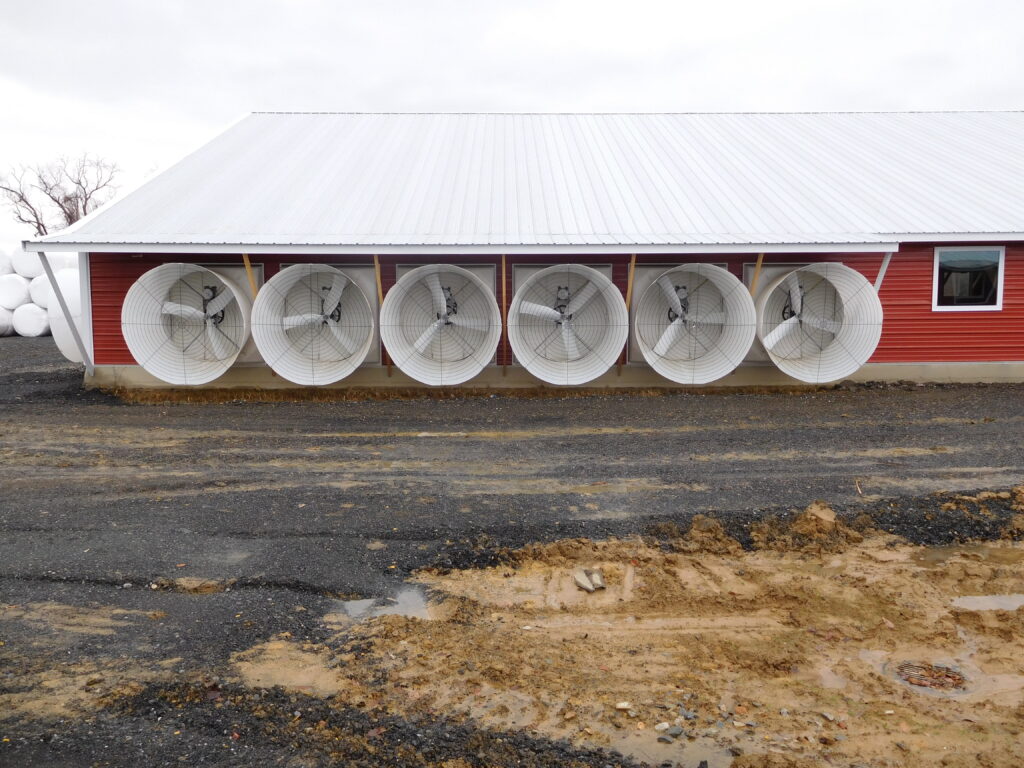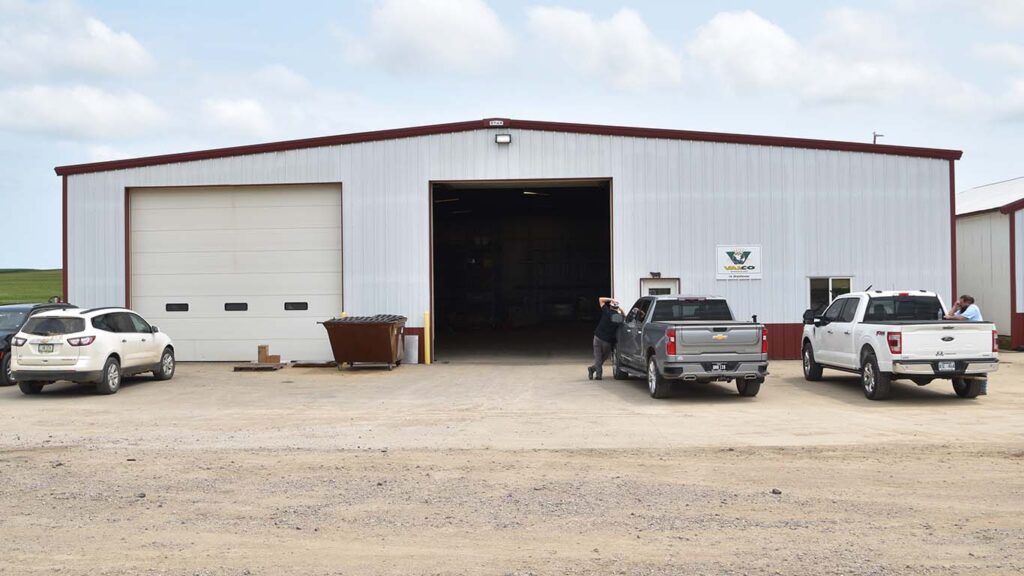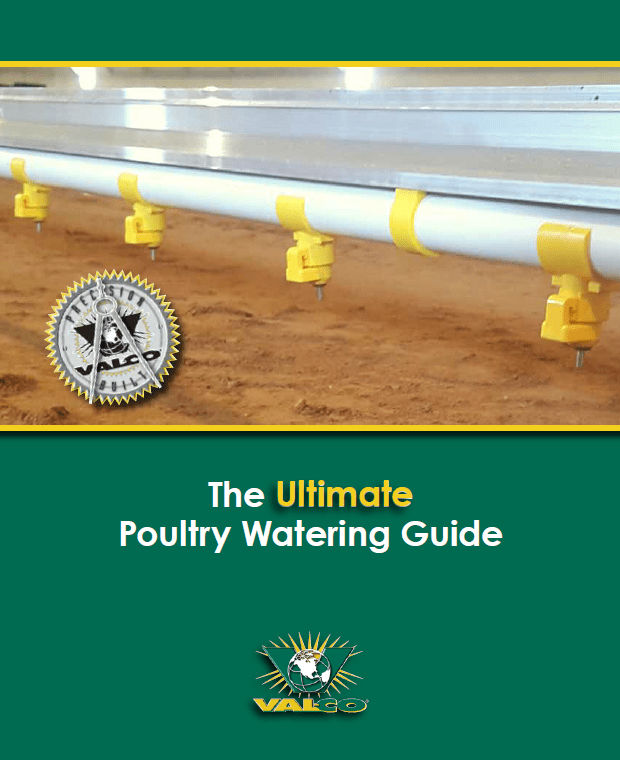The U.S. EPA (2021) estimated that, in 2019, the agriculture sector was responsible for 9.6 percent of total U.S. greenhouse gas emissions. The poultry sector is a small part of that, the egg sector is even a low contributor to the animal production value chain’s emissions – ~ 300 million metric tons of CO2 equivalent in 2019 or <3 percent of the total emissions.
Mitigation is any practice that reduces the net amount of GHGs released into the atmosphere. There are four main mitigation strategies:
- production efficiency
- manure management
- energy efficiency
- carbon sequestration
Improving production efficiency will increase output of meat, milk, and eggs per unit of input, thereby reducing GHG emissions per unit of product produced. To do this, farmers can choose high quality equipment that maximizes feed conversion and water consumption, and adopt vigilant farm management practices that optimize ventilation and prioritize bird health.
Proper manure management will reduce GHG emissions and has the added benefit of protecting air and water quality. Manure mitigation strategies typically focus on two areas – manure composition and storage. The composition of manure needs to be considered, in particular, its pH, humidity, the presence of undigested organic substances and its nitrogen content. Manure can be store wet or dry. Storing liquid manure is more convenient as it can subsequently be sprayed onto fields as a fertilizer. However, in uncovered lagoons, there are significantly higher greenhouse gas emissions. To learn more about manure management’s role in sustainability, read this article.
Installing energy efficient lighting such as LED lamps, along with efficient heating and cooling systems, will lessen GHG emissions and reduce energy bills. A large part of emissions in the poultry industry comes from the use of fossil fuels – for heating, lighting, electric, and clean out equipment. Reducing these emissions where possible – by using VHD fans, or updated lighting, or radiant tube heaters – can save money and increase production efficiency.
Carbon sequestration increases organic matter in soils. Composting is a great method of mortality removal, as well as easy to do in your homes using food scraps and yard waste.
Want to learn more about poultry’s contribution to sustainability? Read here.
